Every October, we host our SewPINK Initiative, which includes a blog hop, fundraising and new designs to raise Breast Cancer Awareness. Be sure to check out the SewPINK page to find out more.
That Initiative has always been intended to be a year-long event, expanded to raise awareness about other cancers and diseases. After all, when we sew together we can grow together!
So this post is a beginning to raising awareness and recognizing the other months that are dedicated to cancers.
There are cancer awareness ribbons in every color of the rainbow and then some. While most people know October is Breast Cancer Awareness Month, many don't know that EVERY month features a way to spread cancer awareness and prevention.
We've selected a different ribbon from each month to highlight for 2025, so be sure to check back each month to see new ways to spread cancer awareness.
One easy way to show your support is by making a project using colors that correspond with each month's ribbon. To make this easier for everyone, we've taken the time to select these ribbon colors in solid fabrics from the major fabric companies. Below is an interactive graph with our selections for the entire year AND each individual month.
Click here if you'd like to view a larger version, download, or print the graph.
Cancer Awareness and Prevention
Each year, millions are affected by cancer, making it essential to arm ourselves with knowledge that can lead to prevention and better outcomes.
From recognizing risk factors to adopting healthy lifestyle choices, awareness is the first step in the fight against cancer.
Join us as we explore vital information on various types of cancer and the latest research on prevention strategies. Together, we can empower ourselves and our communities to take charge of health and well-being in the face of this formidable challenge.
Cervical Cancer
Cervical cancer prevention is crucial for women's health and well-being.
One of the most effective strategies is vaccination against the human papillomavirus (HPV), which is responsible for the majority of cervical cancer cases.
The HPV vaccine is recommended for preteens but can benefit individuals up to age 26 and even older in some cases.
Regular screenings, such as Pap smears and HPV tests, are also vital for early detection, allowing for timely intervention and treatment.

Additionally, practicing safe sex and maintaining a healthy lifestyle can further reduce the risk.
By combining vaccination, routine screenings, and proactive health measures, we can significantly lower the incidence of cervical cancer and empower women to take charge of their health.
Brain Tumor Awareness Month
Colorectal Cancer Awareness Month

Colorectal Cancer
Colorectal cancer prevention is essential for maintaining digestive health and can be significantly influenced by lifestyle choices.
Regular screenings, starting at age 45 or earlier for those at higher risk, can detect precancerous polyps before they develop into cancer.
A diet rich in fiber—incorporating fruits, vegetables, whole grains, and legumes—can help lower risk, while reducing red and processed meat consumption is advisable.
Staying physically active, maintaining a healthy weight, and avoiding tobacco use further contribute to prevention efforts. Additionally, limiting alcohol intake and staying hydrated are important factors.
By combining regular screenings with healthy lifestyle habits, individuals can significantly reduce their risk of colorectal cancer and promote long-term wellness.
The risk of CRC increases with age, and the average age of diagnosis is 66. In 2023, an estimated 19,550 people under 50 were diagnosed with CRC.
International HPV Awareness Day (Mar 4)
Kidney Cancer Awareness Month
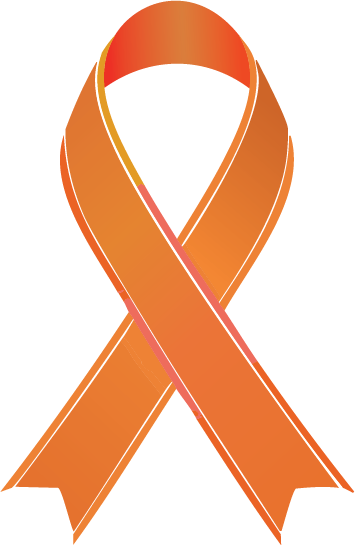
Kidney Cancer
Kidney cancer prevention involves several proactive lifestyle choices that can significantly reduce risk factors.
Maintaining a healthy weight, engaging in regular physical activity, and eating a balanced diet rich in fruits, vegetables, and whole grains can help lower the likelihood of developing kidney cancer.
Staying hydrated and avoiding excessive consumption of processed foods and red meats are also important.
Additionally, managing underlying health conditions, such as hypertension and diabetes, can further protect kidney health.
Avoiding tobacco and limiting alcohol intake are crucial as well, since both are linked to a higher risk of cancer.
By adopting these healthy habits, individuals can take important steps toward reducing their risk of kidney cancer and promoting overall well-being.
Ovarian Cancer Awareness Month
Prostate Cancer Awareness Month
The risk of developing ovarian cancer increases with age, and about 90% of women diagnosed with ovarian cancer are over 40
Testicular Cancer Prevention Month
Testicular cancer is highly treatable and can be cured in most cases. Treatments include removal of the testicle, chemotherapy, radiation therapy, and surveillance.
Bladder Cancer Awareness Month
Melanoma and Skin Cancer Awareness Month
Sun Awareness Week
World Ovarian Cancer Day (May 8)
Skin Cancer
Skin cancer prevention is vital for maintaining healthy skin and reducing the risk of serious health issues.
One of the most effective strategies is protecting yourself from harmful UV rays by seeking shade, especially during peak sun hours, and wearing protective clothing, such as hats and sunglasses.
Applying broad-spectrum sunscreen with an SPF of 30 or higher, even on cloudy days, is essential for shielding the skin from sun damage.
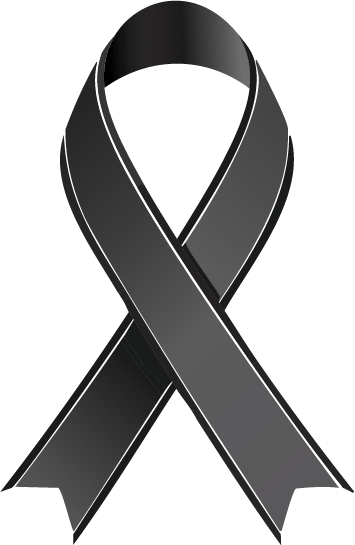
Regularly examining your skin for new or changing moles and scheduling annual dermatologist check-ups can lead to early detection of any potential issues.
Additionally, avoiding tanning beds and being mindful of sun exposure during outdoor activities can further reduce your risk.
By adopting these protective measures, you can significantly lower your chances of developing skin cancer and promote long-term skin health.
Uterine Cancer Awareness Month
Myeloma Awareness Week
Uterine Cancer
Uterine cancer prevention involves several proactive measures that women can take to reduce their risk.
Maintaining a healthy weight is crucial, as obesity is a significant risk factor for uterine cancer.
Regular physical activity and a balanced diet rich in fruits, vegetables, and whole grains can help manage weight and support overall health.
Understanding your menstrual and reproductive history is also important; women who experience irregular periods or have not given birth may have a higher risk.
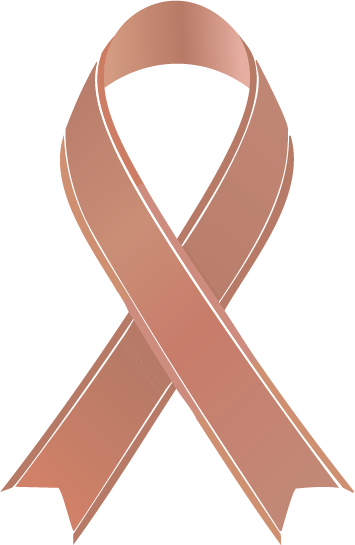
Regular gynecological check-ups and discussing any abnormal symptoms with your healthcare provider can lead to early detection and management of potential issues.
Additionally, certain hormonal treatments may increase risk, so it’s essential to have open conversations with your doctor about personal health history.
By adopting these lifestyle choices and staying informed, women can take significant steps toward reducing their risk of uterine cancer.
Sarcoma Awareness Month
World Head and Neck Cancer Day (Jul 27)
There are more than 70 known subtypes of sarcoma, including osteosarcoma, liposarcoma, leiomyosarcoma, and Kaposi's sarcoma.
Blood Cancer Awareness Month
Childhood Cancer Awareness Month
Gynecologic Cancer Awareness Month
Hereditary Cancer Awareness Week
In the United States, about 1 in 260 children will develop cancer before they turn 20. In 2024, an estimated 9,620 children in the US between the ages of 0 and 14 will be diagnosed with cancer.
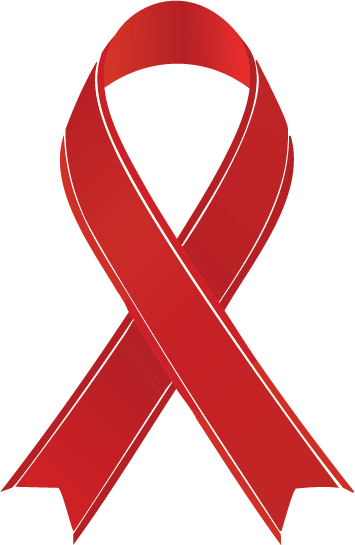
Lymphoma
Lymphoma awareness is essential for early detection and effective treatment of this group of blood cancers that affects the lymphatic system.
There are two main types: Hodgkin lymphoma and non-Hodgkin lymphoma, each with distinct characteristics and symptoms.
Awareness campaigns emphasize the importance of recognizing early signs, such as swollen lymph nodes, unexplained weight loss, fever, night sweats, and persistent fatigue.
Regular check-ups and discussions with healthcare providers about any concerning symptoms can lead to timely diagnosis.
Supporting lymphoma research and patient advocacy initiatives helps raise awareness and funds for better treatments.
By increasing knowledge about lymphoma and its symptoms, we can empower individuals to seek help sooner, ultimately improving outcomes and saving lives.
Blood cancer is caused by abnormal mutations in the DNA of blood cells, which cause the cells to behave abnormally. These mutations are not genetic faults, but happen during a person's lifetime.
Thyroid Cancer Awareness Month
Urological Cancer Awareness Month
Breast Cancer Awareness Month
Liver Cancer Awareness Month
Myelodysplastic Syndromes World Awareness Day (Oct 25)
Liver cancer is the sixth most common cancer in the world and the third leading cause of cancer death. In the United States, it's the sixth leading cause of cancer deaths
Stomach Cancer Awareness Month
Lung Cancer Awareness Month
Lung Cancer
Lung cancer prevention is crucial, particularly given its status as one of the leading causes of cancer-related deaths worldwide.
The most effective way to reduce your risk is to avoid smoking and exposure to secondhand smoke, as tobacco use is the primary cause of lung cancer.
For those who smoke, seeking support to quit can dramatically lower their risk over time.
Additionally, being mindful of environmental factors, such as exposure to radon, asbestos, and air pollution, is important; consider having your home tested for radon and minimizing exposure to harmful substances.
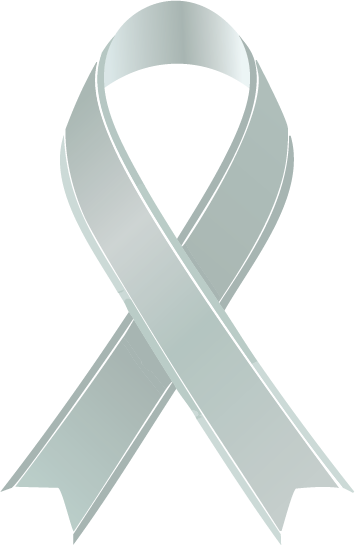
Maintaining a healthy lifestyle through regular exercise and a balanced diet rich in fruits and vegetables can also strengthen lung health.
By making informed choices and prioritizing lung health, individuals can significantly reduce their risk of lung cancer and enhance their overall well-being.
Mouth Cancer Action Month
Movember
Pancreatic Cancer Awareness Month
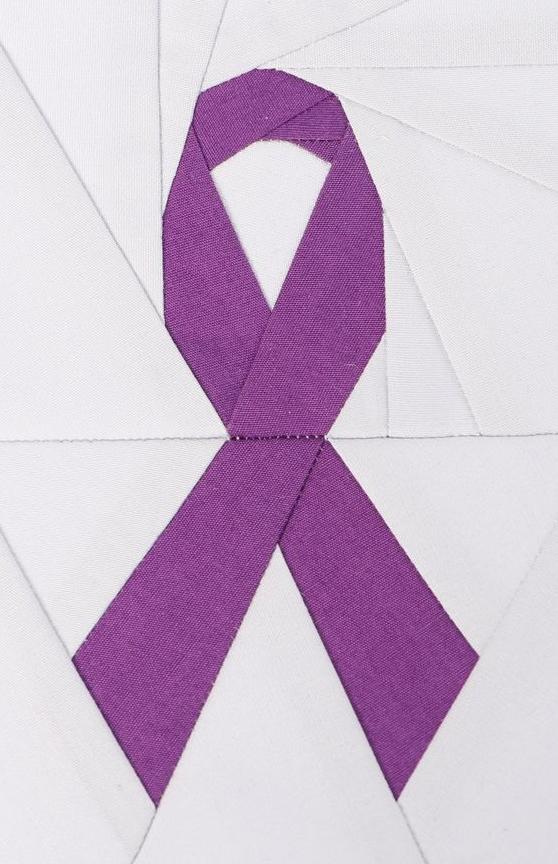
Pancreatic Cancer
Pancreatic cancer prevention is challenging, but adopting a healthy lifestyle can help reduce the risk.
Maintaining a healthy weight through a balanced diet rich in fruits, vegetables, whole grains, and healthy fats is essential, as obesity is a significant risk factor.
Regular physical activity also plays a crucial role in promoting overall health and reducing cancer risk.
Avoiding tobacco in all forms is one of the most effective preventive measures, as smoking greatly increases the likelihood of developing pancreatic cancer.
Limiting alcohol consumption and managing underlying health conditions, such as diabetes, can further contribute to prevention efforts.
Staying informed about family history and discussing any concerns with healthcare providers can aid in early detection.
By making these lifestyle choices, individuals can take important steps toward lowering their risk of pancreatic cancer and supporting their overall well-being.
Disclaimer
Any and all content produced and displayed by ByAnnie.com is for educational and informative purposes only; it should not and does not replace a diagnosis by a medical professional. Statements made by ByAnnie.com are not medical advice. If any questions arise, contact your doctor or other qualified professional. Unless stated otherwise, the opinions and statements made are not by medical professionals. Reliance and usage of ANY information from ByAnnie.com is done solely at your own risk. None of the staff members of ByAnnie are, or claim to be medical professionals. We urge you to consult with a medical professional to answer any questions or concerns that you may have. Stay healthy, stay safe, and happy stitching!
Ready to join #SewPink this year?
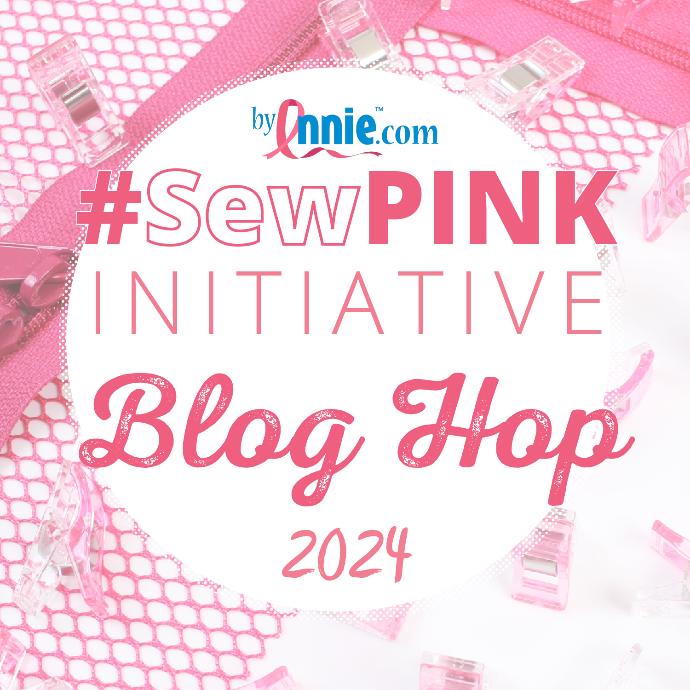
This year we have a full schedule, featuring a blog every day through out October.
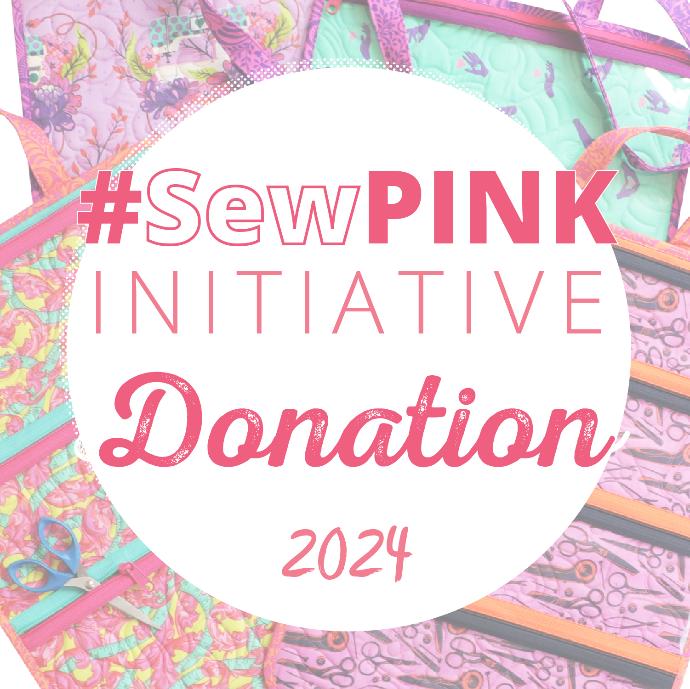
Join the Fat Quarter Shop in raising funds for Breast Cancer Research Fund.
Donate Now
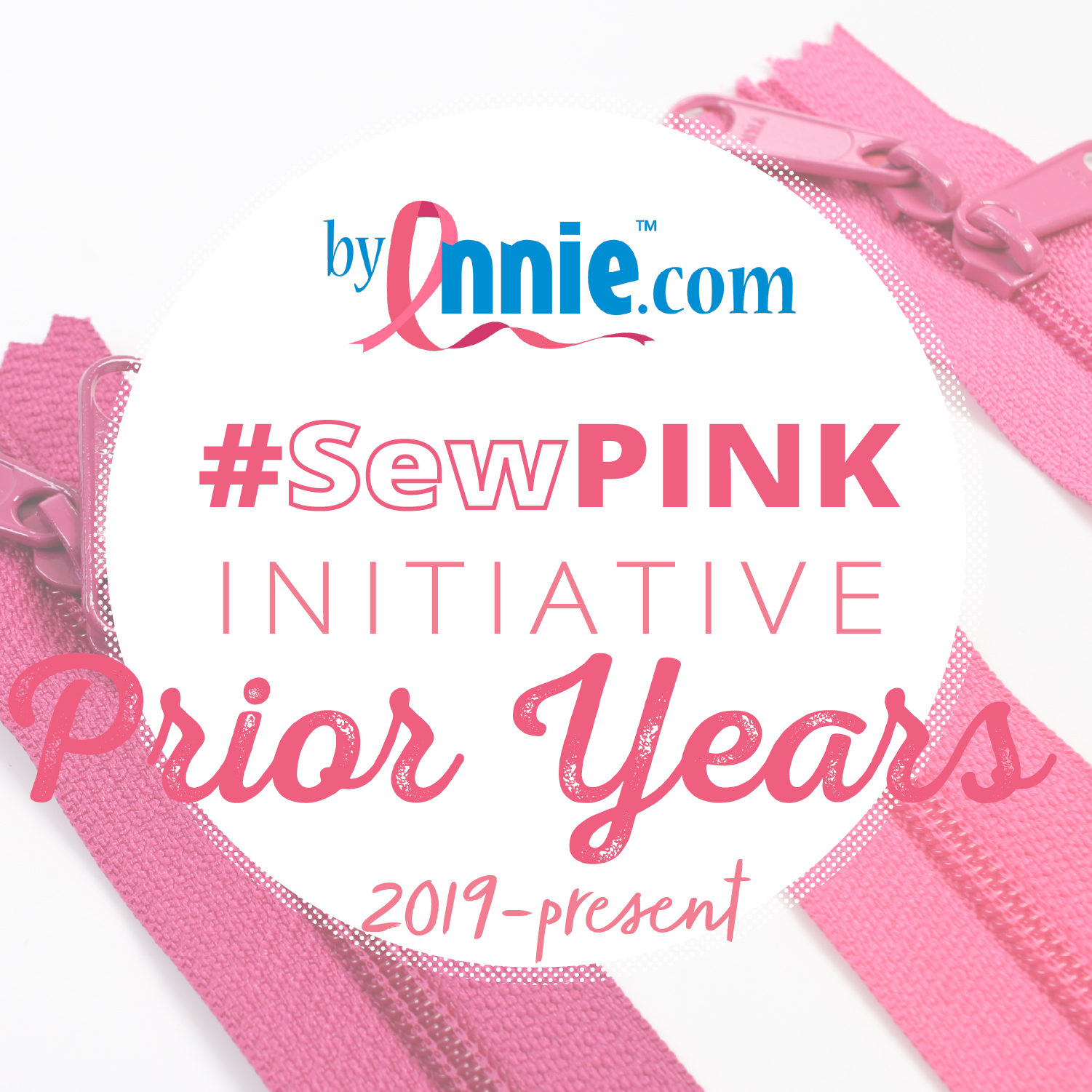
We've hosted the #SewPINK Initiative since 2019. Read and enjoy past content.
The #SewPink Initiative was created by ByAnnie.com LLC to raise awareness for breast cancer throughout the year. Our efforts culminate in an annual blog hop during October’s Breast Cancer Awareness Month to promote self-care, awareness, early detection and support for those affected by breast cancer.
To learn more and see the calendar of events visit: https://www.ByAnnie.com/SewPINK
To find screenings available near you:
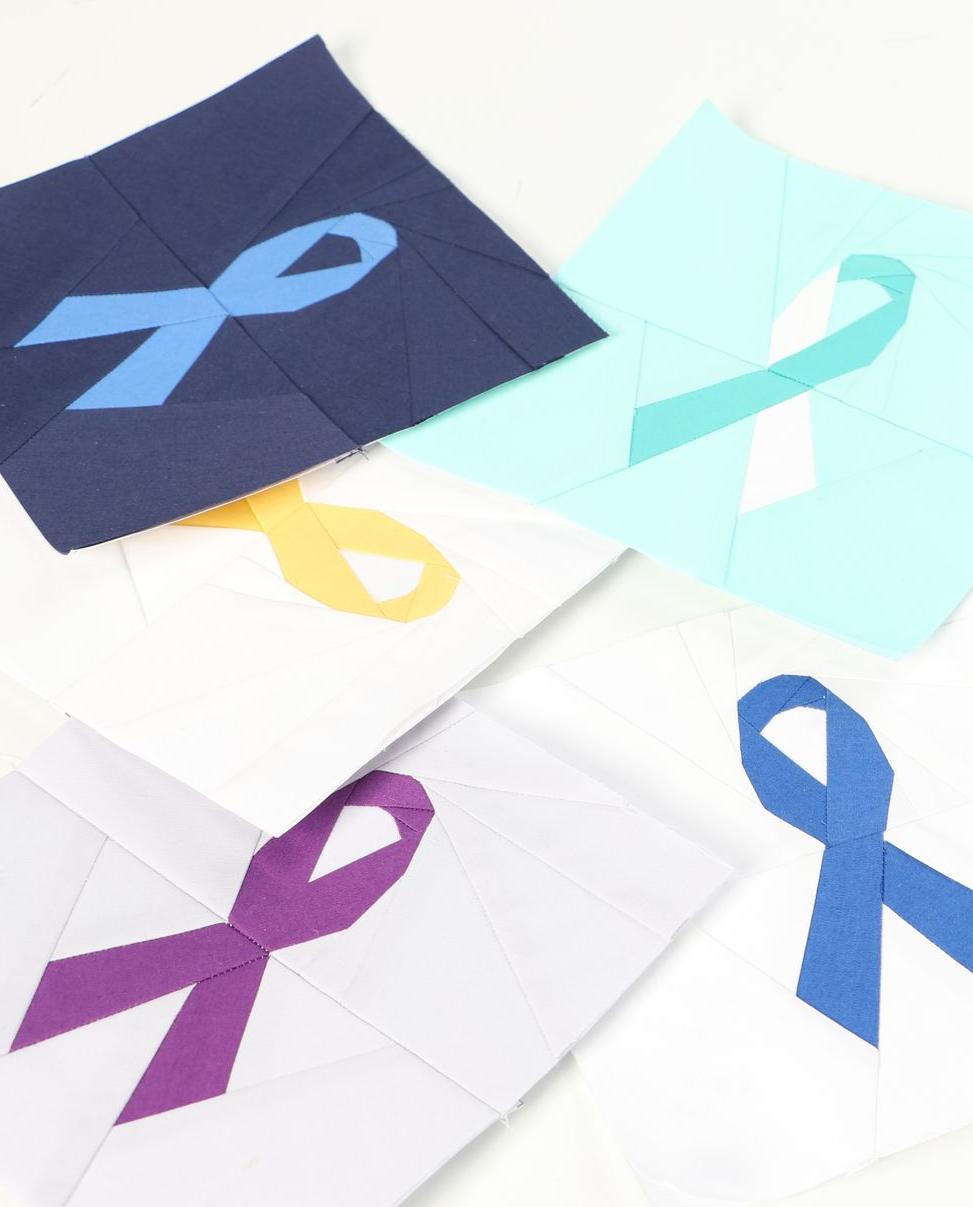
Cancer Awareness and Prevention